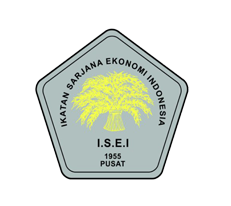ANTESEDEN DAN KONSEKUENSI KECERDASAN EMOSIONAL PADA PENGALAMAN KEGAGALAN LAYANAN
https://doi.org/10.34308/eqien.v11i03.1063
Keywords:
Emotional Intelligence, Failure Experience, ServiceAbstract
Long life experiences and current life priorities shape the elderly's constructive response to service failures. Individuals with a focus on maximizing positive emotions are unlikely to engage in problem solving complaining of not wanting to risk their precarious emotional balance. In other words, we suggest that the future time perspective influences problem solving complaints. Due to the lack of empirical research investigating this issue, this study provides a new perspective on the reactions of elderly customers to service failures. The research was conducted in big cities in Indonesia, with the criteria of respondents being elderly buyers (over 60 years). The estimation of the model uses the partial least squares structural equation modeling (PLS-SEM) method. The results of the study revealed that emotional intelligence had a significant positive effect on problem solving. Wisdom has a positive and significant effect on emotional intelligence and problem solving. Future time perspective has a significant positive impact on wisdom and emotional intelligence. Furthermore, future time perspective has a significant positive direct effect on problem solving complaints. From a managerial perspective, this study recommends companies to be more careful and react appropriately, when service failure occurs, depending on the level of discretion of elderly customers. Companies need to consider the difficult behaviors of older customers. Apparently, customers with a low future time perspective tend to complain only when they feel the situation will be unpleasant










